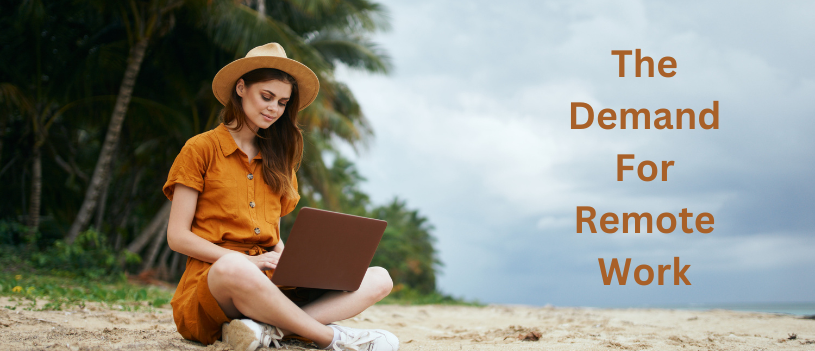Zoom fatigue has been a popular discussion since more and more employers have begun switching to a hybrid or remote work environment. It is said that employees can become burned out and tired due to the overuse of video calls and other virtual platforms.
Despite recent discussions regarding zoom fatigue, it has been found that most people are still enjoying the work-from-home life. In fact, most individuals are fine with video calls and other teleworking habits.
For example, according to a Pew Research Center study which was published last summer, nearly three-quarters of workers who are involved in video calls confirmed they are fine with the amount of time spent conferencing.
Although zoom fatigue does not seem to be a current problem, it has been found that one issue employers are seeing is the demand for flexible, remote work from potential candidates. Remote work is a large deciding factor for many job searchers. According to an ADP survey roughly two-thirds of the workforce said that they would consider looking for a new job if their employer required them to return to the office full-time.
Remote work is specifically important for Gen Z and millennial workers as working from home is becoming a top priority for them as they search for new positions. As many boomers are exiting the job market and more positions are being filled with Gen Z, many employers have found that time is very important to these younger generations.
These groups do not want to spend wasted time with commutes and in-person meetings, but would rather be able to work from home to be more productive and efficient. It is believed that young individuals value their time more than previous generations, so employers should recognize this and understand that a hybrid or work from home model may be necessary.
If you are an employer having a difficult time finding staff and the work can be performed at home, you may want to consider a remote opportunity to offer to candidates.
